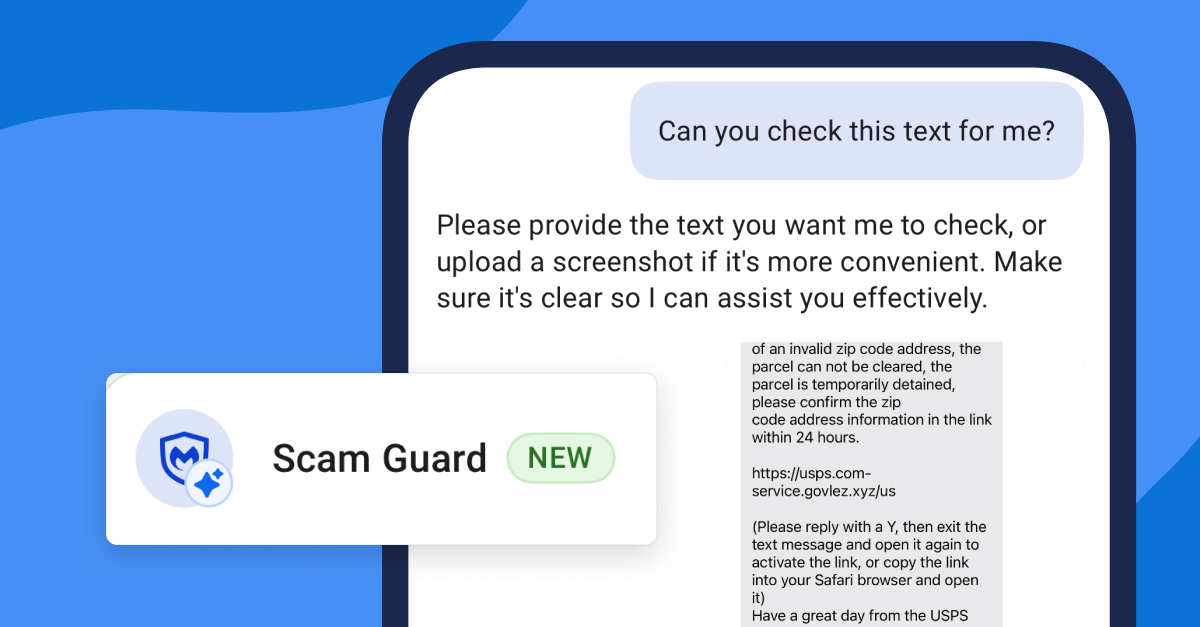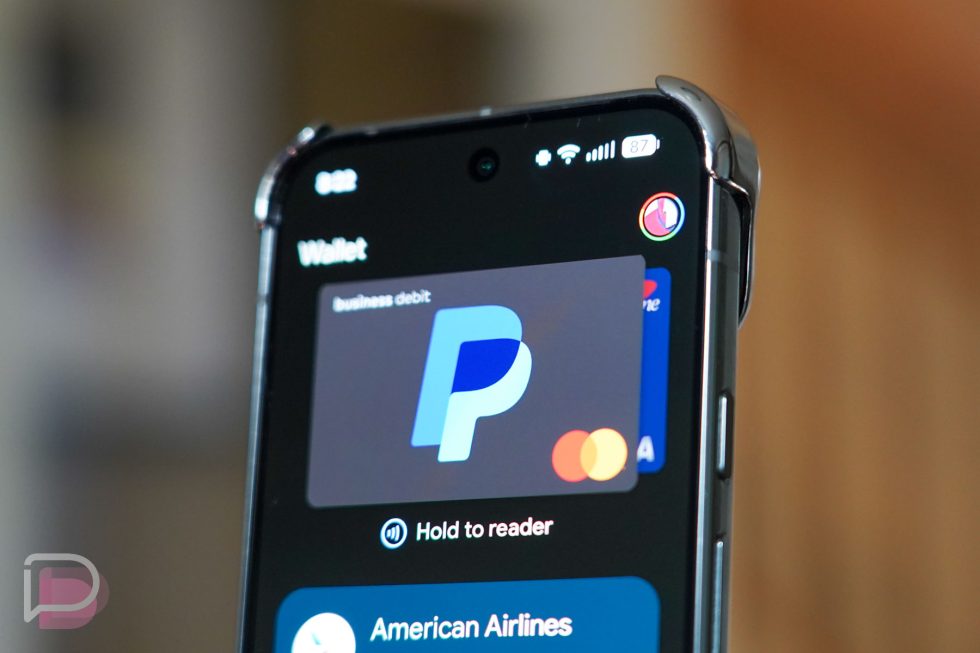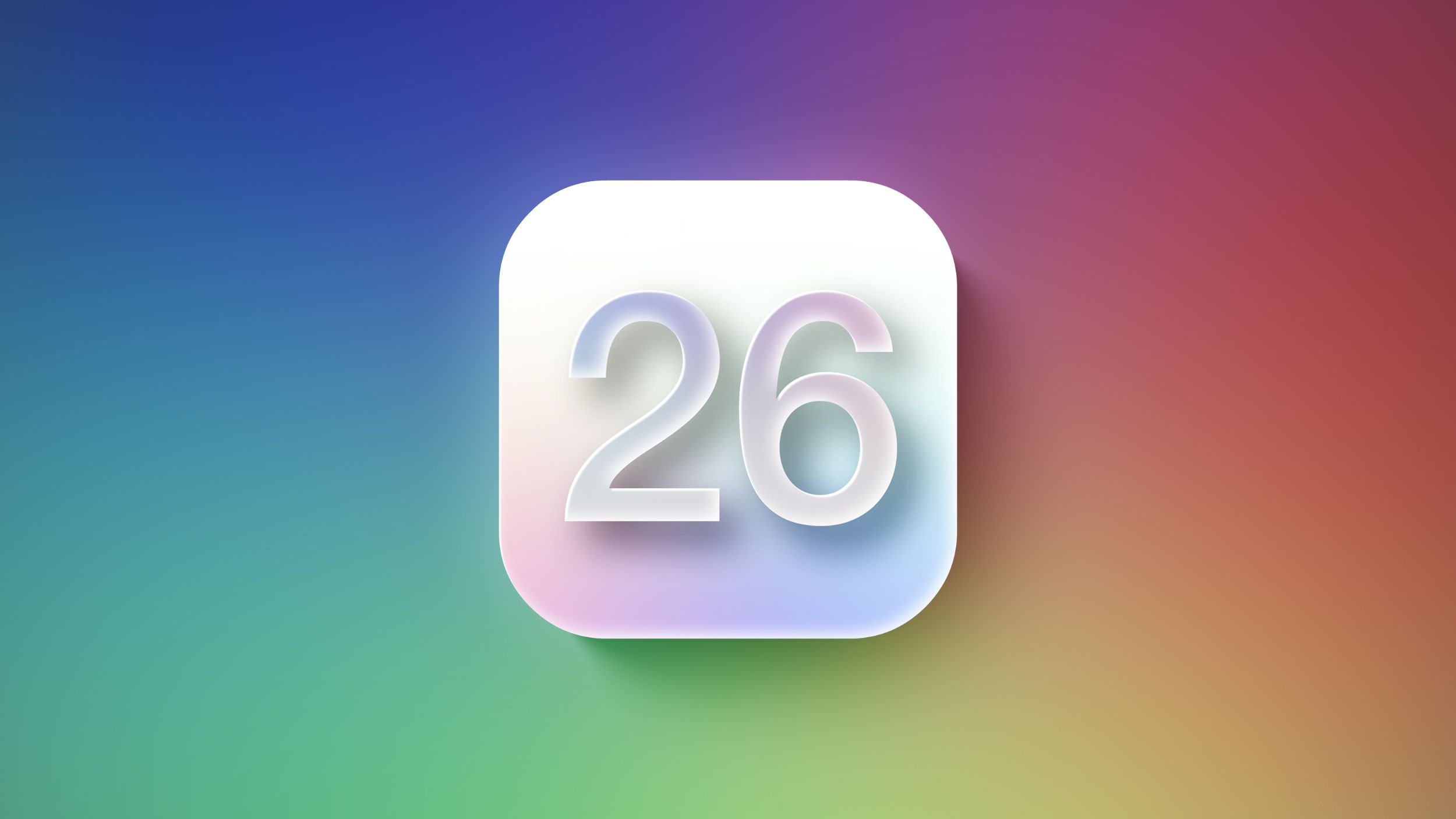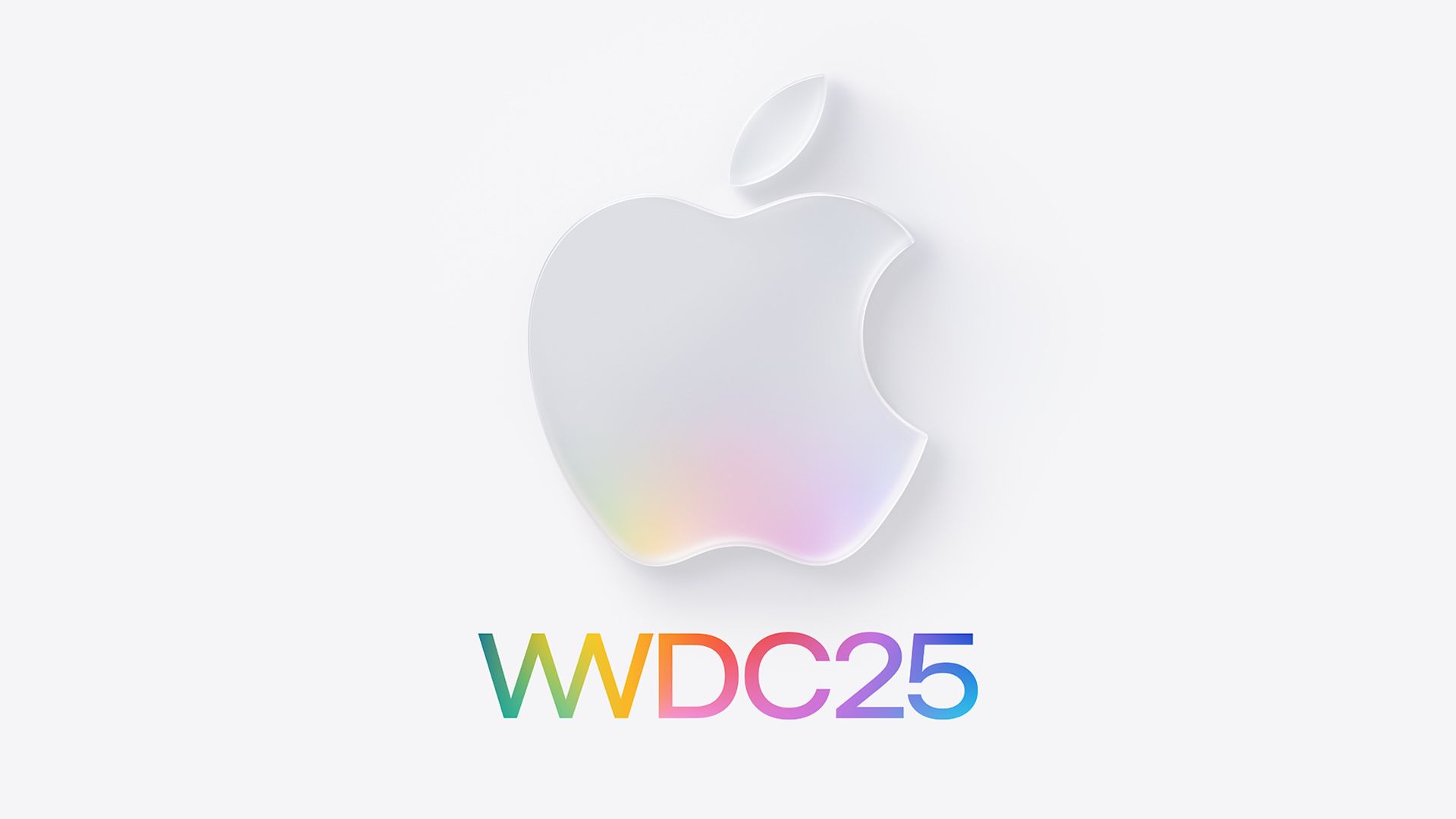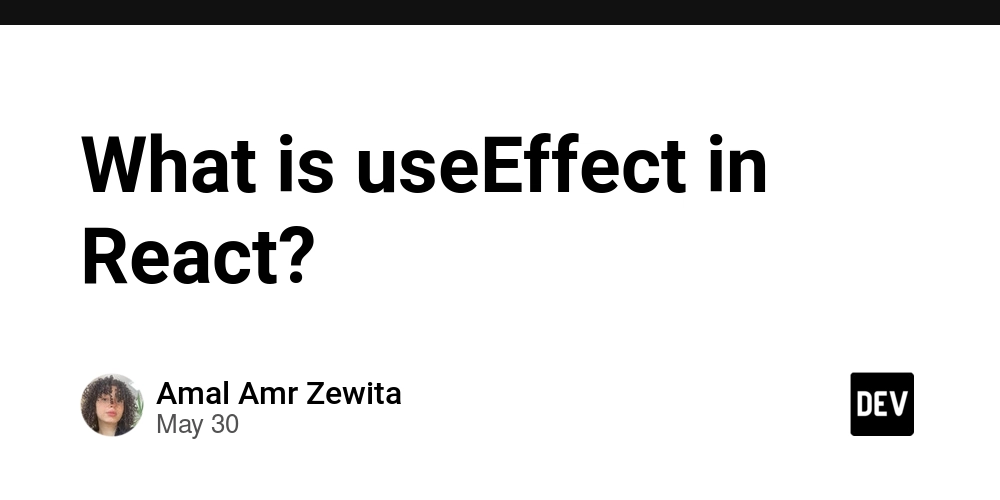Why Every Programmer Should Embrace Failure
If there’s one thing I’ve learned as a programmer, it’s that failure isn’t just inevitable—it’s essential. In coding, mistakes, bugs, and errors aren’t signs of defeat but stepping stones to growth. Here’s why every programmer should embrace failure and see it as a powerful tool for improvement. First, failure teaches you resilience. When your code doesn’t work, it’s easy to feel frustrated or discouraged. But pushing through those tough moments builds mental toughness and persistence, which are crucial skills not only in programming but in life. Second, failure is a fantastic learning opportunity. Each bug or error challenges you to dig deeper and understand how things really work. You develop problem-solving skills by figuring out what went wrong and how to fix it, which sharpens your coding abilities. Third, failure encourages experimentation and creativity. When you’re not afraid to make mistakes, you’re more likely to try new approaches, test out wild ideas, and innovate. Some of the best features and solutions come from taking risks and learning from what didn’t work. Fourth, failure fosters humility and collaboration. It reminds us that we don’t know everything, which opens the door to asking for help, learning from others, and working better as a team. Lastly, embracing failure helps you build confidence. Over time, you realize that mistakes don’t define you—they’re just part of the process. That mindset shift makes tackling bigger challenges less intimidating. So if you’re struggling with bugs or feeling stuck, remember: failure is your friend. It’s proof that you’re pushing boundaries and growing as a coder. Embrace it, learn from it, and keep coding. What’s a failure that taught you something important? Share your story!

If there’s one thing I’ve learned as a programmer, it’s that failure isn’t just inevitable—it’s essential. In coding, mistakes, bugs, and errors aren’t signs of defeat but stepping stones to growth. Here’s why every programmer should embrace failure and see it as a powerful tool for improvement.
First, failure teaches you resilience. When your code doesn’t work, it’s easy to feel frustrated or discouraged. But pushing through those tough moments builds mental toughness and persistence, which are crucial skills not only in programming but in life.
Second, failure is a fantastic learning opportunity. Each bug or error challenges you to dig deeper and understand how things really work. You develop problem-solving skills by figuring out what went wrong and how to fix it, which sharpens your coding abilities.
Third, failure encourages experimentation and creativity. When you’re not afraid to make mistakes, you’re more likely to try new approaches, test out wild ideas, and innovate. Some of the best features and solutions come from taking risks and learning from what didn’t work.
Fourth, failure fosters humility and collaboration. It reminds us that we don’t know everything, which opens the door to asking for help, learning from others, and working better as a team.
Lastly, embracing failure helps you build confidence. Over time, you realize that mistakes don’t define you—they’re just part of the process. That mindset shift makes tackling bigger challenges less intimidating.
So if you’re struggling with bugs or feeling stuck, remember: failure is your friend. It’s proof that you’re pushing boundaries and growing as a coder. Embrace it, learn from it, and keep coding. What’s a failure that taught you something important? Share your story!
























































































































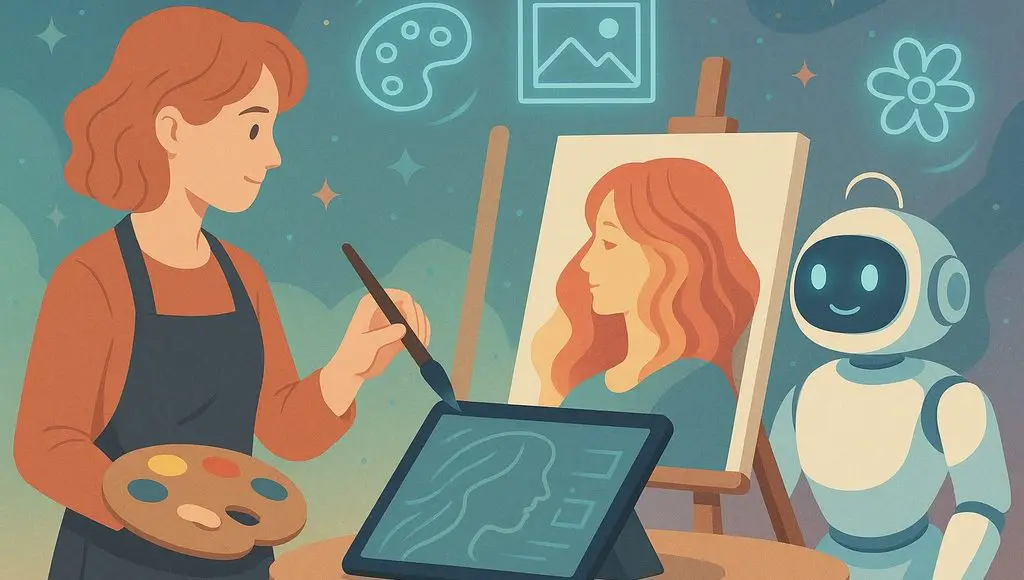























































![[The AI Show Episode 151]: Anthropic CEO: AI Will Destroy 50% of Entry-Level Jobs, Veo 3’s Scary Lifelike Videos, Meta Aims to Fully Automate Ads & Perplexity’s Burning Cash](https://www.marketingaiinstitute.com/hubfs/ep%20151%20cover.png)



















































































































































![Z buffer problem in a 2.5D engine similar to monument valley [closed]](https://i.sstatic.net/OlHwug81.jpg)




















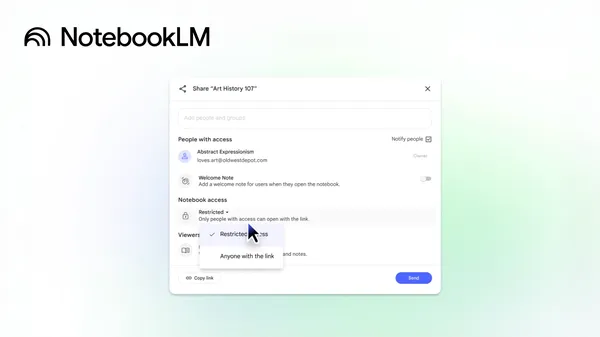


































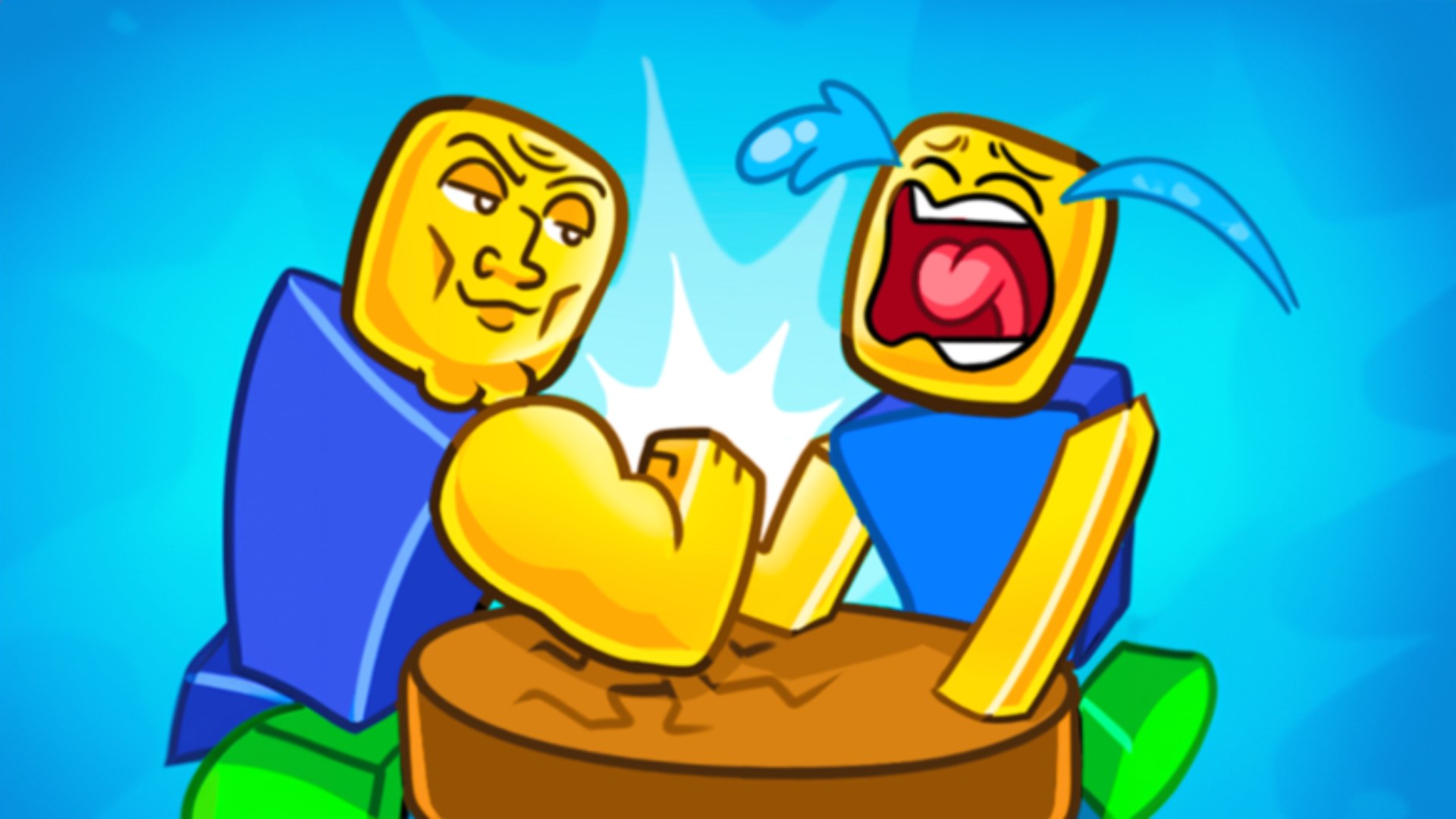


































.png?width=1920&height=1920&fit=bounds&quality=70&format=jpg&auto=webp#)
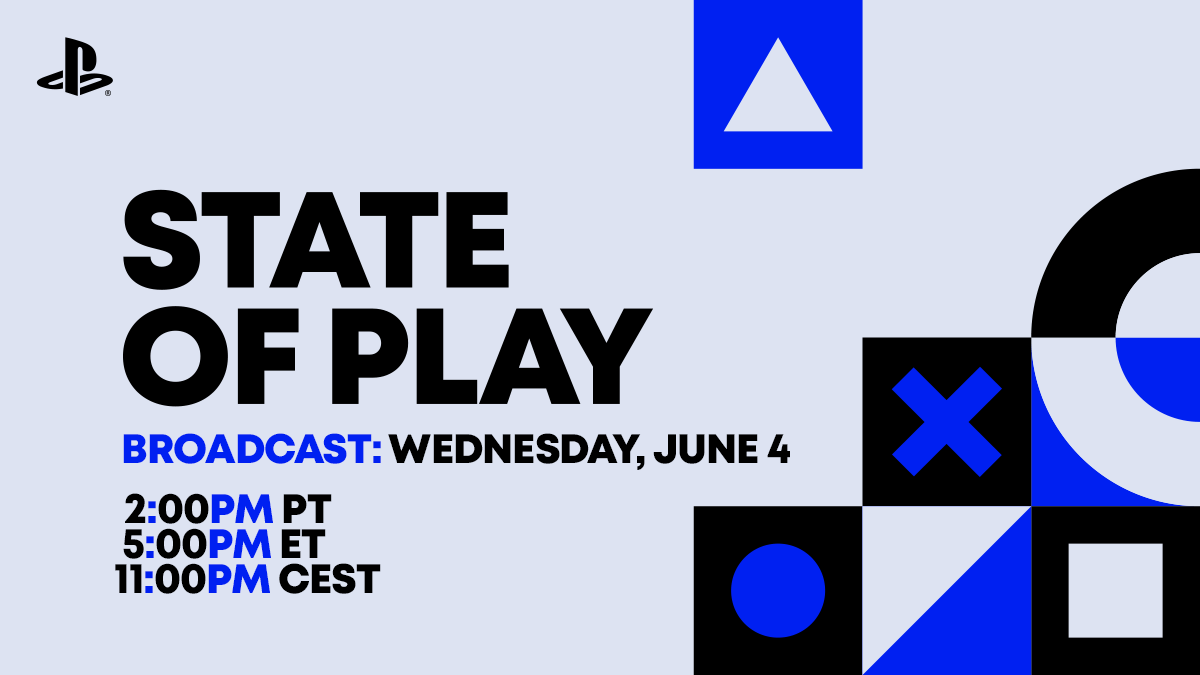



















_Kjetil_Kolbjornsrud_Alamy.jpg?width=1280&auto=webp&quality=80&disable=upscale#)
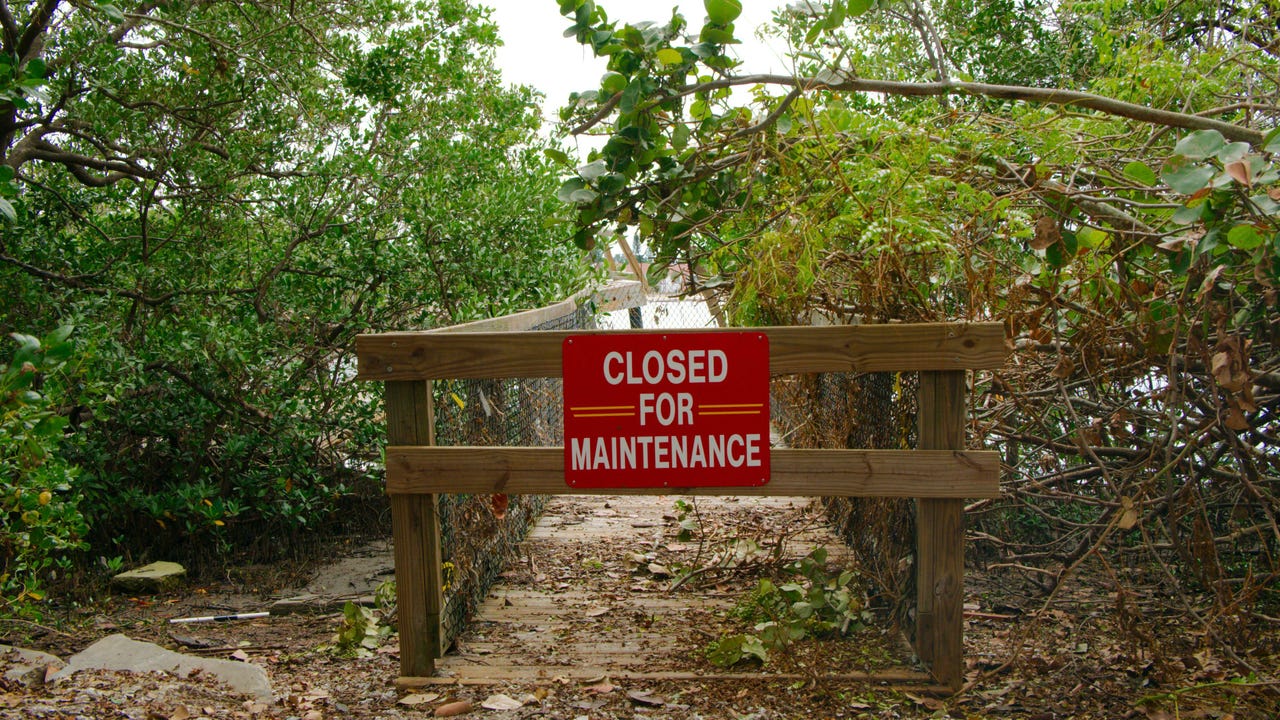










































































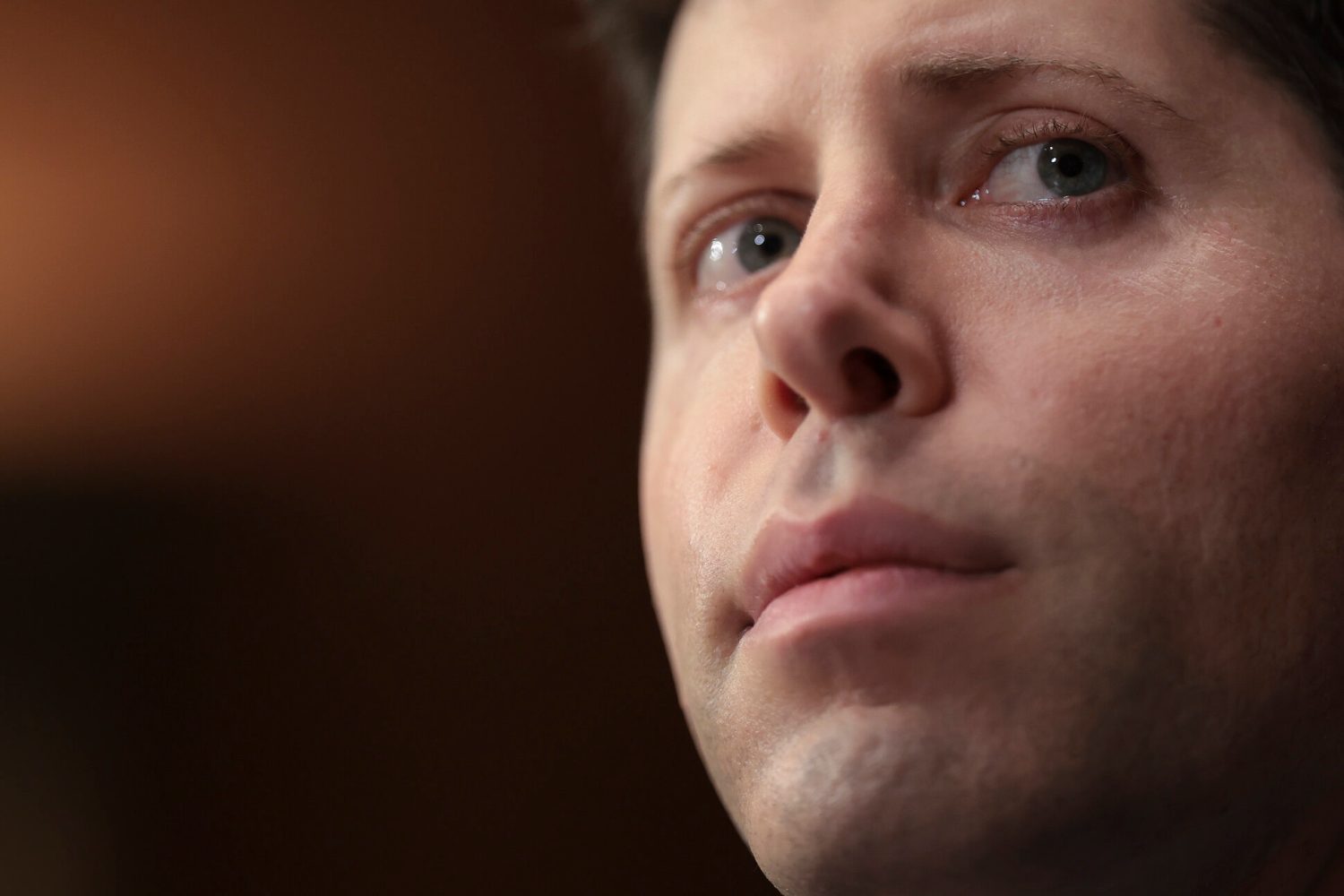



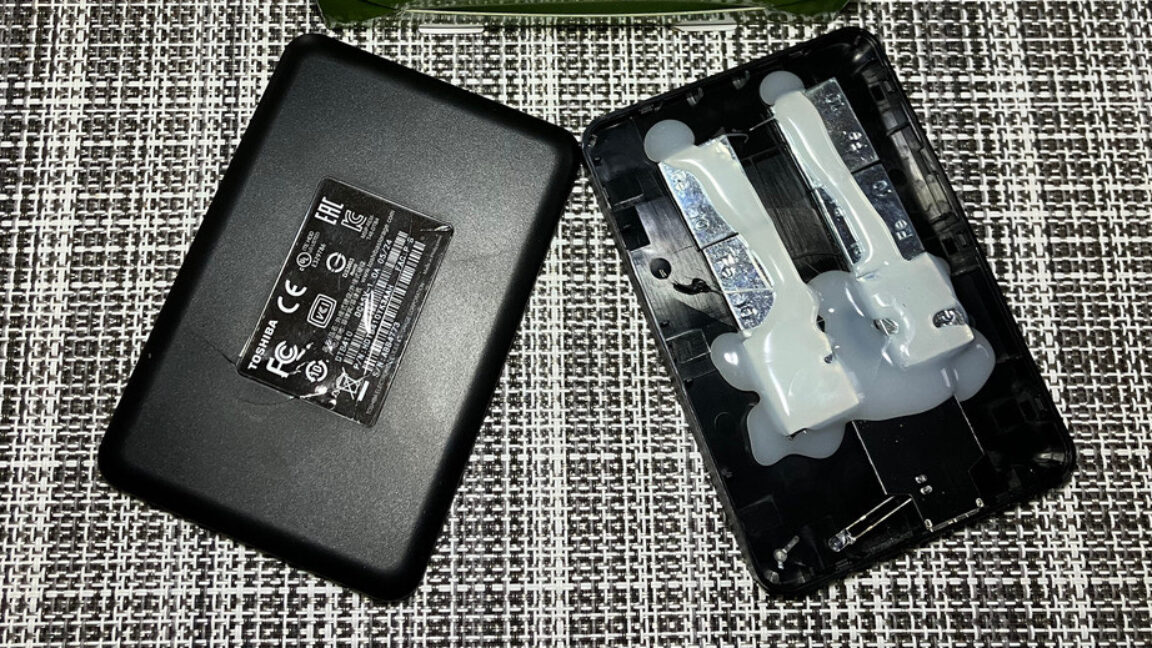


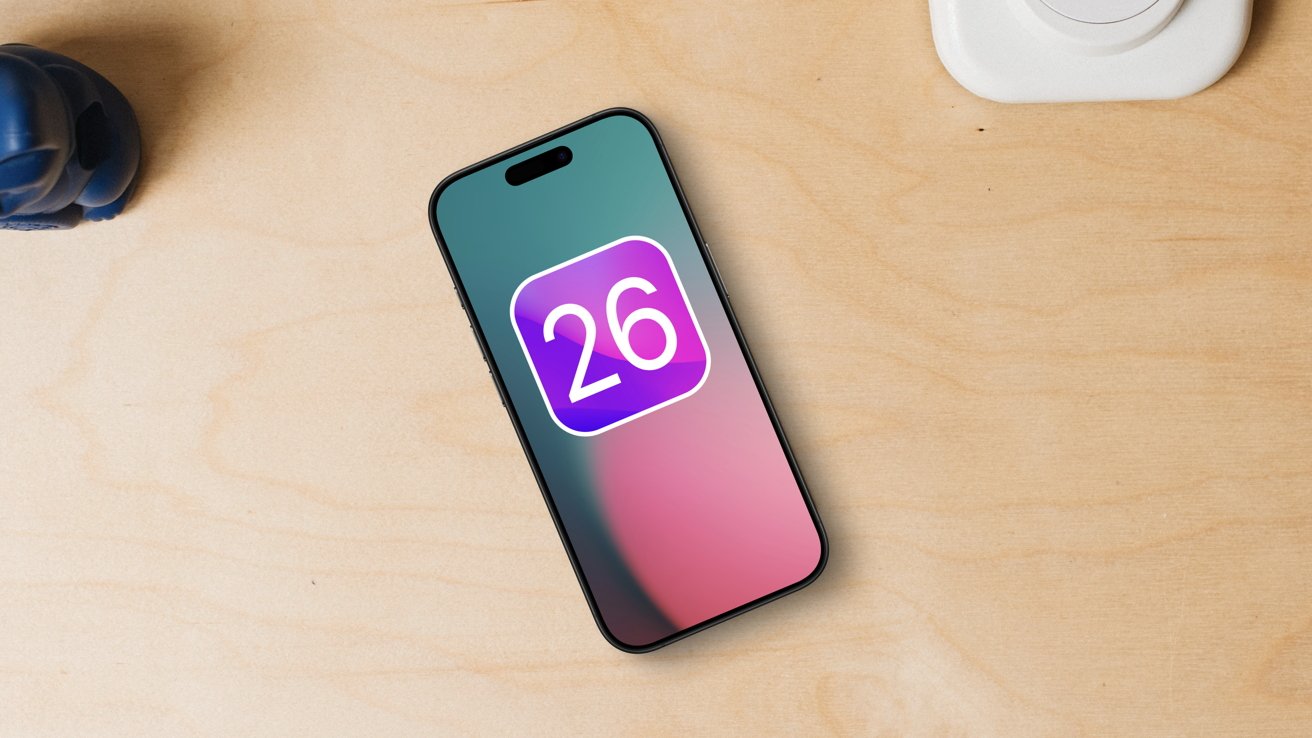
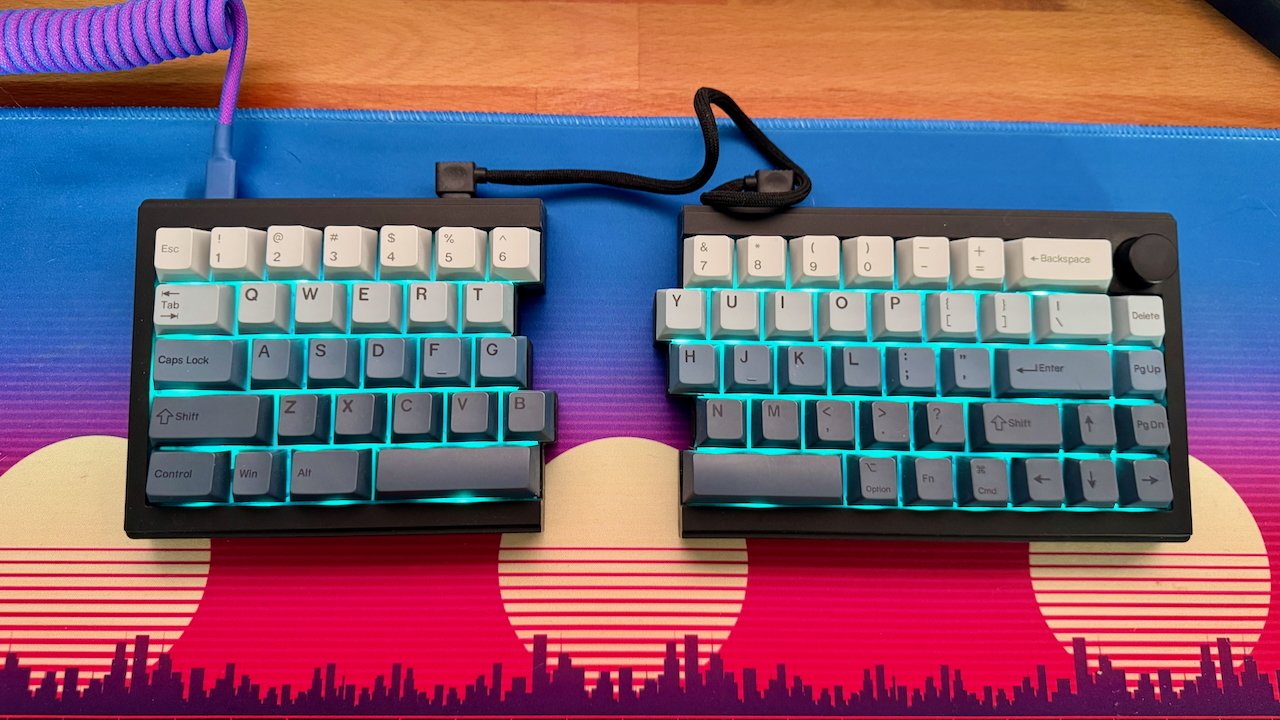











![Samsung teases Galaxy Z Fold 7 with an absolutely bizarre ‘Ultra experience’ [Video]](https://i0.wp.com/9to5google.com/wp-content/uploads/sites/4/2025/06/galaxy-z-fold-7-teaser-1.jpg?resize=1200%2C628&quality=82&strip=all&ssl=1)














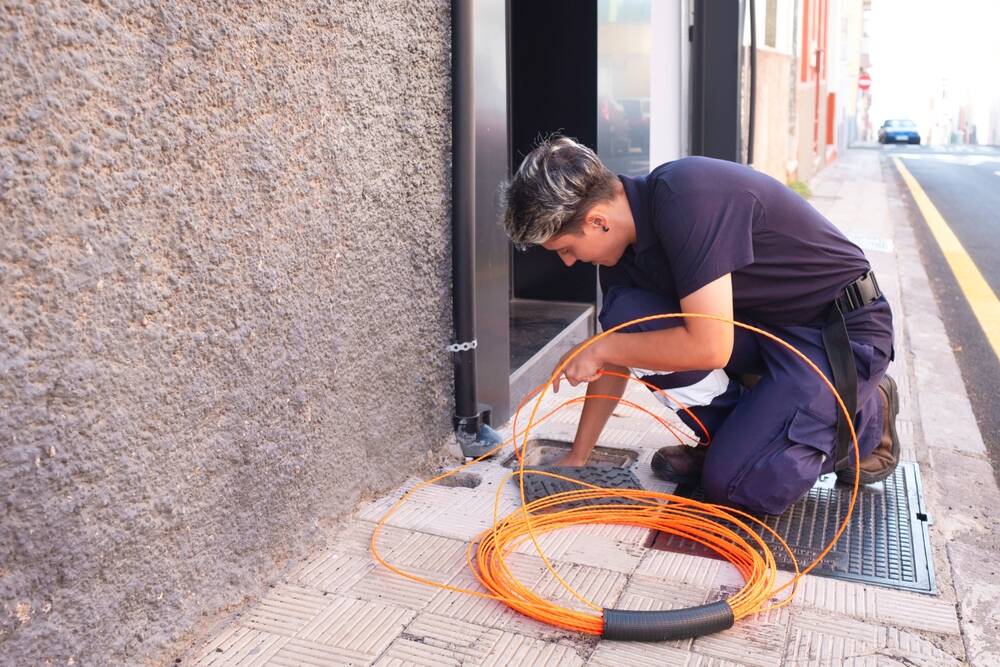

![iPhone 18 Pro, iPhone Fold to Feature New A20 Chip With Advanced WMCM Packaging [Report]](https://www.iclarified.com/images/news/97494/97494/97494-1280.jpg)




